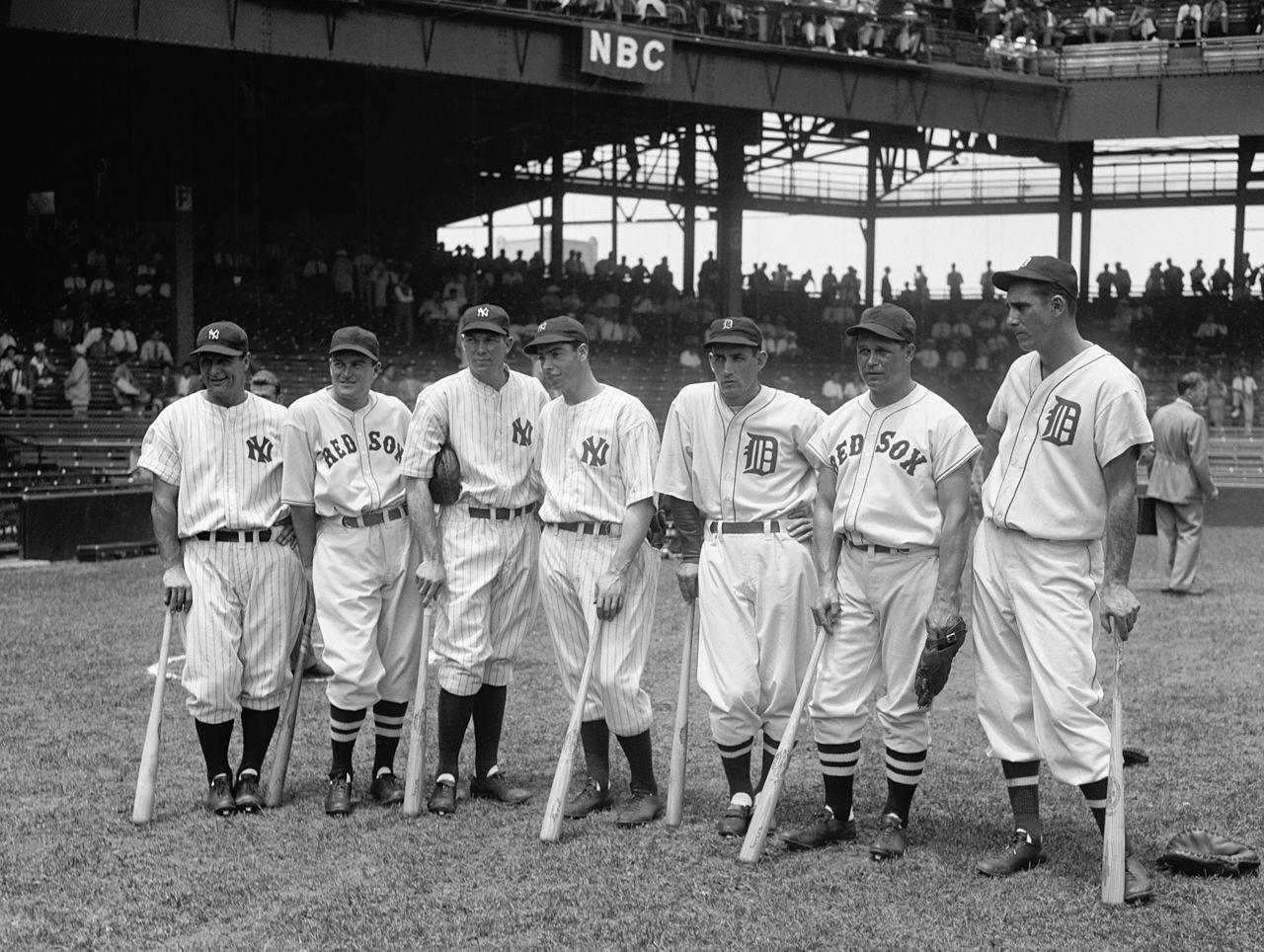Authors:
Historic Era: Era 10: Contemporary United States (1968 to the present)
Historic Theme:
Subject:
August/September 1986 | Volume 37, Issue 5


Authors:
Historic Era: Era 10: Contemporary United States (1968 to the present)
Historic Theme:
Subject:
August/September 1986 | Volume 37, Issue 5

The other day, I met a professor who said he was having some luck with a course called Physics and Sport. By following the action of a blocking back in the I formation, for instance, he found he could give students a feeling for how force becomes the product of mass times acceleration without their quite realizing that they were taking in serious information. It certainly seemed an improvement over those earlier ventures in “Physics for Poets,” which turned out simply to double the degree of difficulty for your average scholar. Also, the more I thought about it, it seemed to offer a useful way to get across other kinds of subject matter—history, for example.
Following the lead suggested above, I began to feel it might be possible to recover much of the essential information about this country’s past through a course on baseball. My project has not been carried forward to so satisfying a culmination as a syllabus and teachers’ guide. That is for others to do. But I have some suggestions and observations that might help them with their work.
Because “relevance” is now so large a consideration in the learning process, I suggest that it would be useful to begin with an examination of how deeply the technical terms of the game permeate our language: “Pinch-hit for,” “threw me a curve ball,” “out in left field,” “caught in a squeeze play,” “never got to first base,” “has two strikes against him,” “just a ball-park figure,” “fouled out,” “touched all bases,” “it’s a whole new ball game.” The list could be continued almost indefinitely.
Why is baseball’s terminology so dominant an influence in the language? Does it suggest that the situations that develop as the game is played are comparable to the patterns of our daily work? Does the sport imitate the fundamentals of the national life or is the national life shaped to an extent by the character of the sport? In any case, here is an opportunity to reflect on the meaning of what I think I heard Reggie Jackson say in his spot on a national network in the last World Series: “The country is as American as baseball.”
It is not only the common usage of baseball’s technical terms. Over and over again, the observations of those associated with the game have been used to give a frame for our ordinary experience or a clearer focus for some of our national characteristics; that is, they have entered the culture. Consider these few examples: Yogi’s “I can’t think and bat at